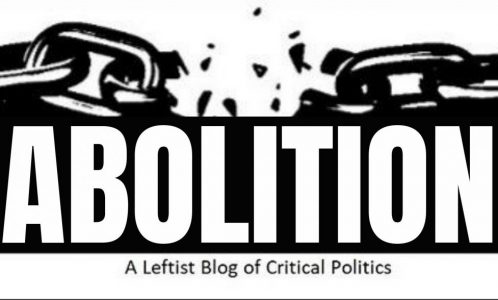John Clarke, former major organizer fot the Ontario Coalition Against Poverty (OCAP), posted this yesterday on Facebook:
Several people have asked me in the last while whether the points I’ve been making about electoral politics mean that I’m against participating in elections altogether. I’m not suggesting my views on the subject should be held up as exceptionally significant but, since I’ve been asked…
I certainly believe that fundamental change in this society won’t be created by the electoral process. The capitalist class would never accept a vote to dispossess it and the capitalist state couldn’t be used to transform society.
However, the electoral platform can have its uses and some level of elected representation could complement our struggles. Though, in my view, a primary focus on elections is always wrong, participating in them is a tactical question.
I approach this primarily from the standpoint of how our movements should relate to the electoral arena and not the question of whether individuals should cast a ballot or not. On that latter question, however, I do take odds with the notion that there is some duty or inherent benefit connected to voting. In truth, the present electoral system ensures that most people live in ridings that can be considered ‘safe seats.’ Unless you live in a ‘swing riding,’ the chances of impacting the result are negligible. If you want a particular candidate to get as many votes as possible, fair enough, but the present system mainly generates inevitable results.
On the more important question of building movements of social resistance, the great problem is one of subordinating our struggles to electoralism. This often takes the form of demobilizing in order to facilitate the victory of the ‘lesser evil.’ The huge struggles that broke out following the murder of George Floyd in the US were wound down to clear the way for Biden. In Canada, challenges to Trudeau are often disparaged on the grounds that we can’t open the way for you know who. As far as I’m concerned, the strategy of trying to avoid the person with the axe by not challenging the one with the knife is wrong on several levels. Sooner or later, you deal with the axe anyway and you have nothing in place to resist with.
If we had a more powerful working class movement, with strong unions and highly organized communities, we might well find it useful to run candidates that furthered our interests. However, the present model of unaccountable and dubiously progressive parliamentarians who want us to conform to their deal making and pragmatic adaptations is a failed model all round.
For the present, I see little value in any electoral focus. The healthy use of electoral politics will require a much higher level of struggle and a stronger degree of working class organization than presently exists. We need to work on our horse before we worry about the cart.
